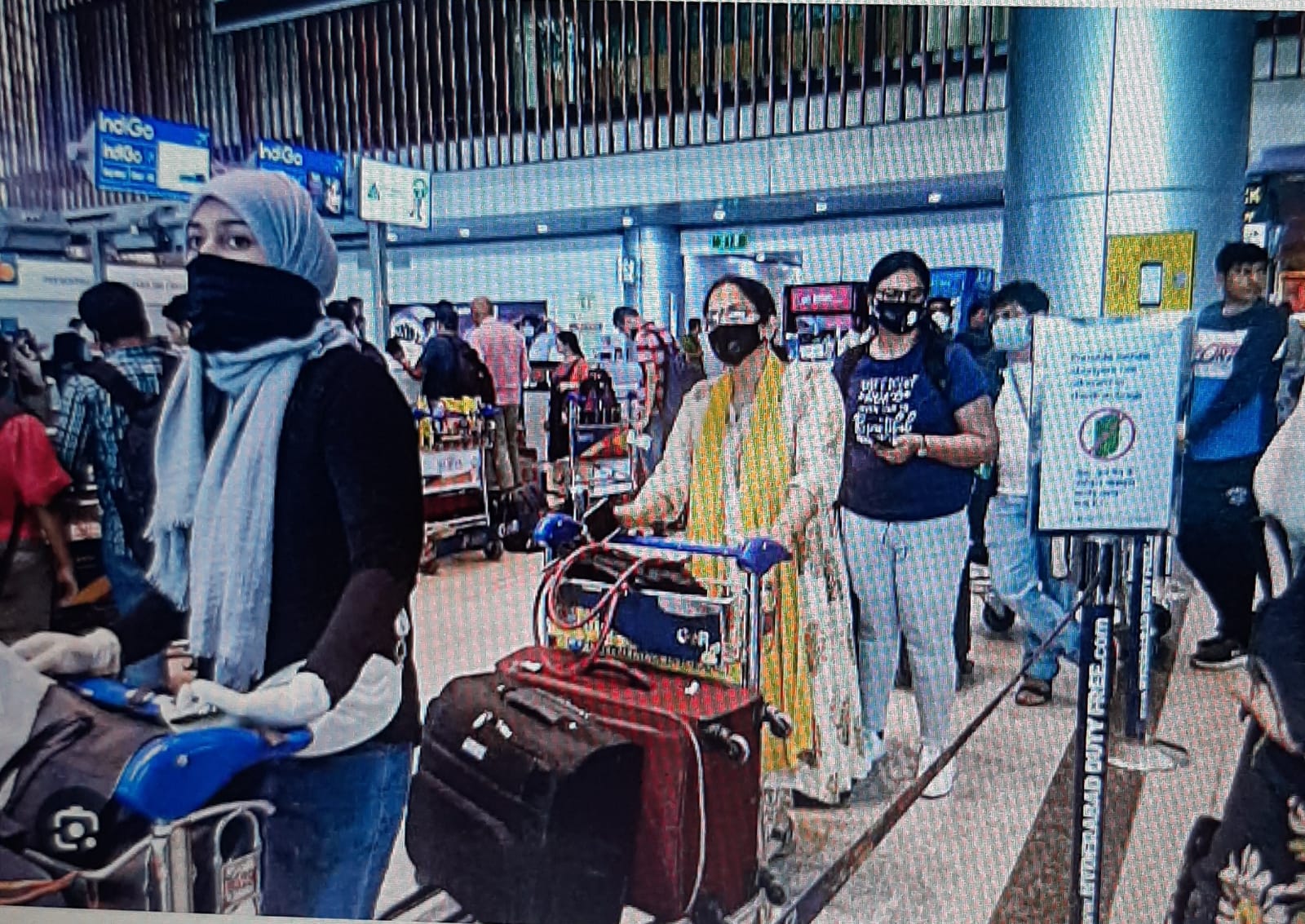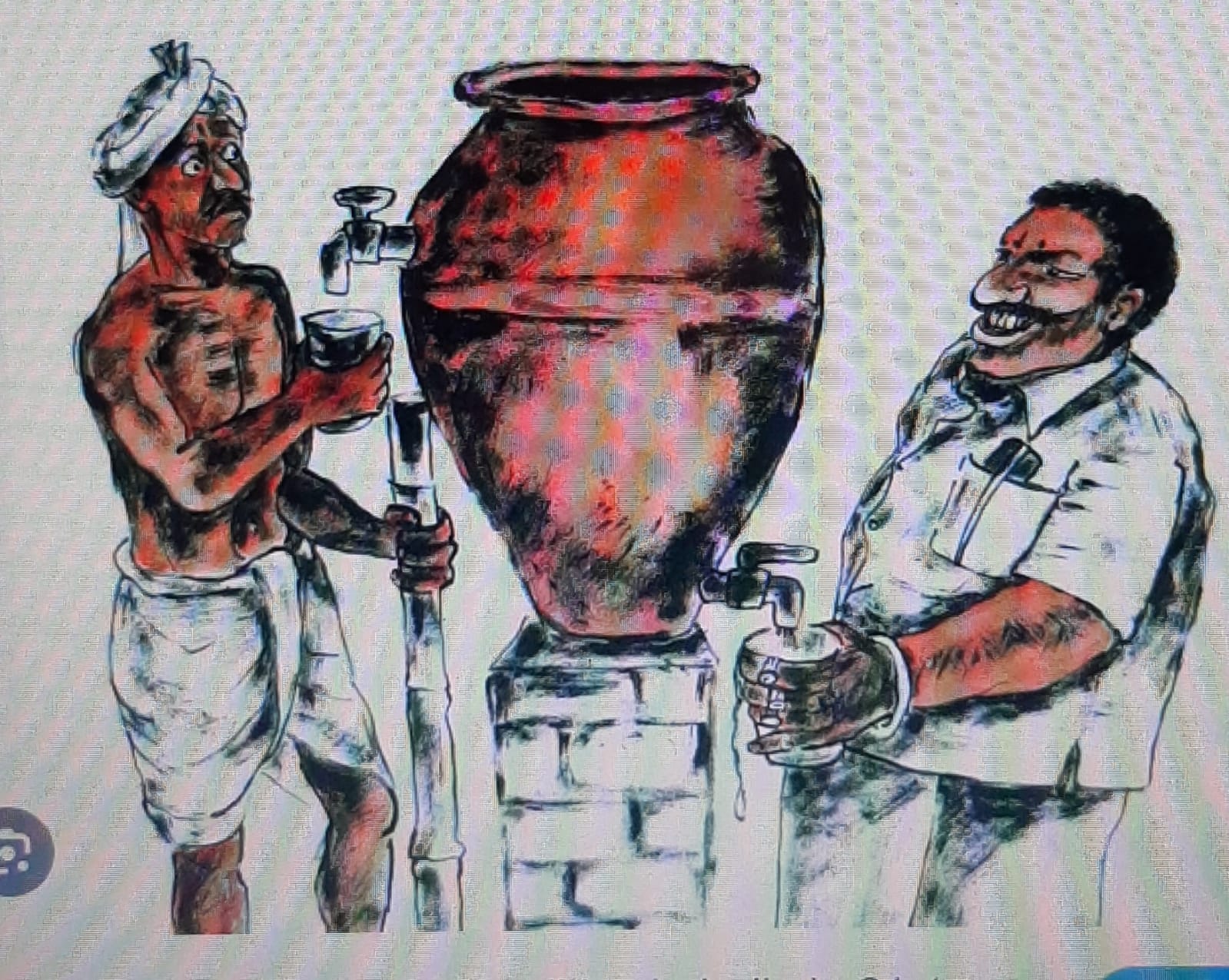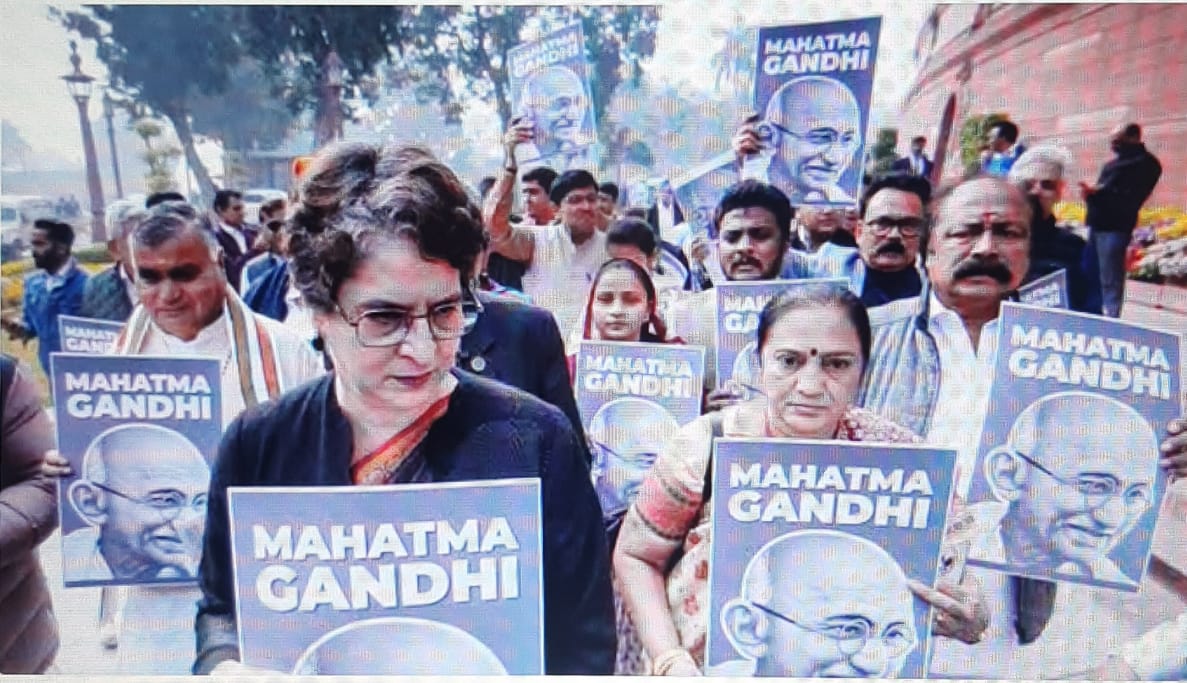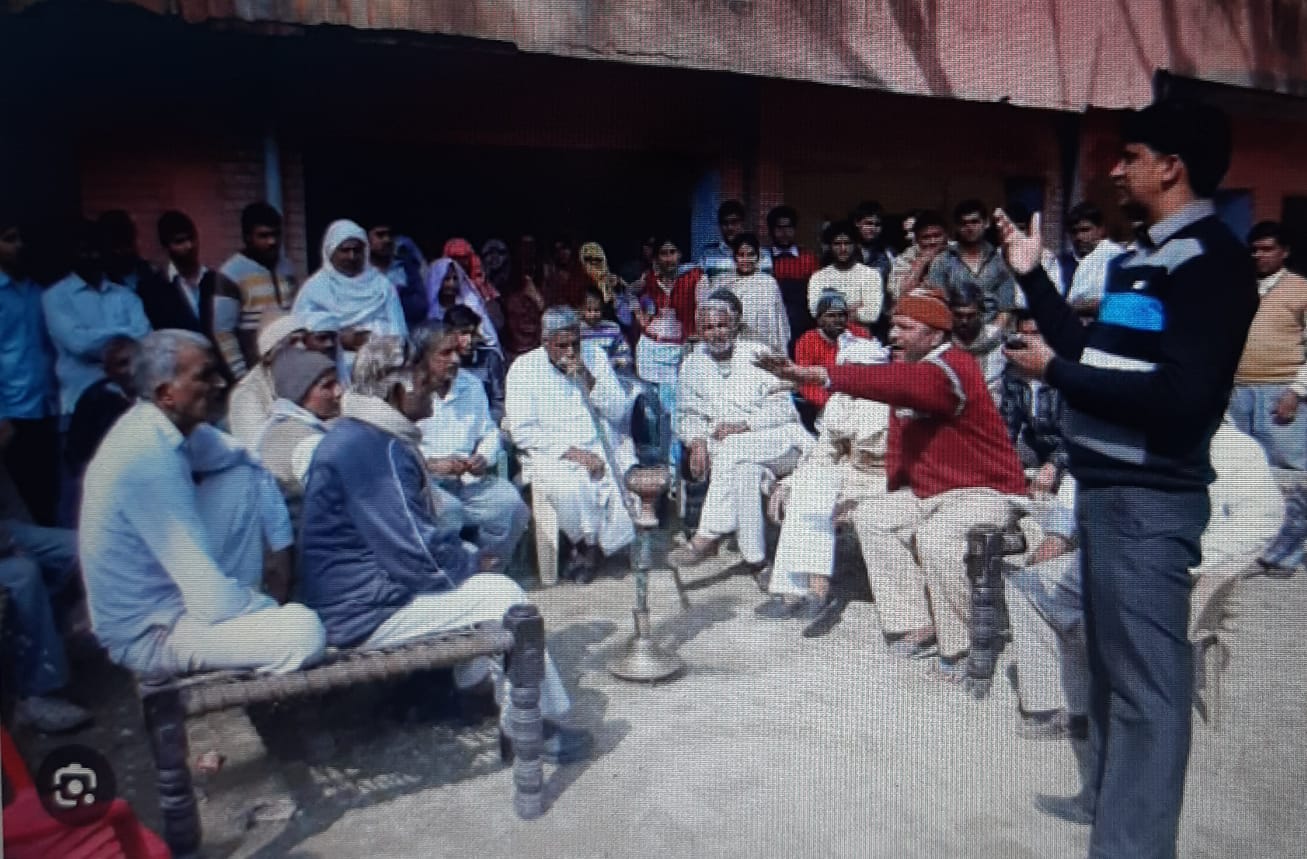
Communal incidents are a wake-up call for the people to start the process of cleansing the divisive political system based on caste, religion, language, which is thriving on polarization and ‘vote bank’ politics, writes former IAS officer V.S.Pandey
The recent horrific communal violence in Madhya Pradesh, on Ram Navami, a few days back is a clarion wakeup call to our collective conscience. For the past several years, our nation has been witnessing increasing strife over several issues concerning traditional religious practices, which have been in force for generations. Undoubtedly religion is purely a personal matter between humans and “God” and making a public spectacle of it is uncalled for. But nowadays each one is brandishing his faith viciously and competing with the ‘other’ to become louder and more dominant and this is aggravating tension everywhere. The use of loudspeakers, religious processions , hijab , halal meat , putting Tilak on forehead etc. has been there for generations. Demands are being raised vociferously to ban use of loudspeakers for azan but no voices are heard to ban their frequent use in various Hindu religious practices. How did this strident, intolerant competitive religious fervour insidiously enter and then start to preponderate in our nation’s life ,brazenly, deserves serious introspection. The recent communal violence and erupting disputes are an ominous signal . These incidents are a wake-up call for the people of the country to start the process of cleansing the divisive political system which is based on caste, religion, language ,ethnicity etc and which is thriving on polarisation and ‘vote bank’ politics.
The question that hasn’t been asked for all these decades is – why were loudspeakers used for azaan or kirtan or chalisa or kathas? What is the function of loudspeakers – to bellow religious practices publicly and assault our ears ? Even private partying is not allowed to exceed a certain decibel level. Loudspeakers are meant to be used to address people in a limited space. They are not meant to be inflicted on the entire mohalla which has to suffer the agony of hearing twenty four hour recitals of the Ramayan-blaring away, ad infinitum, with conch shells blowing and dholaks being beaten. How can anyone feel the necessity of forcing and coercing their neighbours to compulsorily become part of their religious fervour-irrespective of their faith. Similarly, the practice of taking out religious processions periodically has never been restricted. Consequently, dreadful communal clashes , leading to grievous loss of many precious lives ,were the norm. That is why a blanket ban has been put by various governments in our country on granting of permission for any new religious procession or changing the route of old ones. Every thana is aware of the perils of allowing any change. This must be stopped immediately.
To move ahead on the path of peace and prosperity, we need to listen to saner voices. Gandhi ji had a clear vision about the role of religion in our personal and political life and coexisting in a society with diverse religious faiths. He wrote that “It has been my experience that I am always true from my point of view, but am often wrong from the point of view of my honest critics. I know that we are both right from our respective points of view. And this knowledge saves me from attributing motives to my opponents or critics.” He mentions the story of the seven blind men to buttress his argument , who gave seven different descriptions of the elephant. They were all correct in their respective points of view, and wrong from the point of view of one another, and right and wrong from the point of view of the man who knew the elephant. He stated “ I very much like this doctrine of the manyness of reality. It is this doctrine that has taught me to judge a Mussalman from his own standpoint and a Christian from his. Formerly I used to resent the ignorance of my opponents. Today I can love them because I am gifted with the eye to see myself as others see them and vice-versa.”
He was a great advocate of developing understanding about other religions viewpoints and their practices. Further his advice was to keep ones eyes and ears open and look inside to critically examine every aspect of our beliefs. He stated that “I prefer to retain the label of my forefathers so long as it does not cramp my growth and does not debar me from assimilating all that is good anywhere else”.
At the same time he also said, “I reject any religious doctrine that does not appeal to reason and is in conflict with morality. Man for instance, cannot be untruthful, cruel and incontinent and claim to have God on his side. And of course, religion which takes no account of practical affairs and does not help to solve them, is no religion”.
Clearly, disputes arise when the contending parties fail to appreciate the others viewpoint due to lack of understanding and short sighted vision . Gandhiji was aware of the perils of communal discord and their adverse impact on our country’s future . So he extensively wrote on this issue , cautioning us incessantly to ward off this evil staring at us so closely. He said “It is no business of mine to criticize the scriptures of other faiths, or to point out their defects … It is only through a reverential approach to faiths other than mine that I can realize the principle of equality of all religions. But it is both my right and duty to point out the defects in Hinduism in order to purify it and keep it pure. But when non-Hindu critics set about criticising Hinduism and cataloguing its faults they only blazon their own ignorance of Hinduism and their incapacity to regard it from the Hindu viewpoint. It distorts their vision and vitiates their viewpoint. Thus my own experience brings home to me my limitations and teaches me to be wary of launching on a criticism of Islam or Christianity and their founders”.
There are many lessons to learn from Bapu’s teachings for those who are out to impose their own viewpoint on others without developing a deeper understanding of the issues involved. Hitler’s endeavour to do so -by glorious Nazification of Germany requiring the brutal elimination of ‘Others’ including millions of Jews-resulted in decimation of Germany itself. We must heed our rich civilisational History- tolerance and pluralism define our ethos and we cannot progress without being syncretic. We must never eschew the religion of humanity.
(Vijay Shankar Pandey is former Secretary Government of India)









